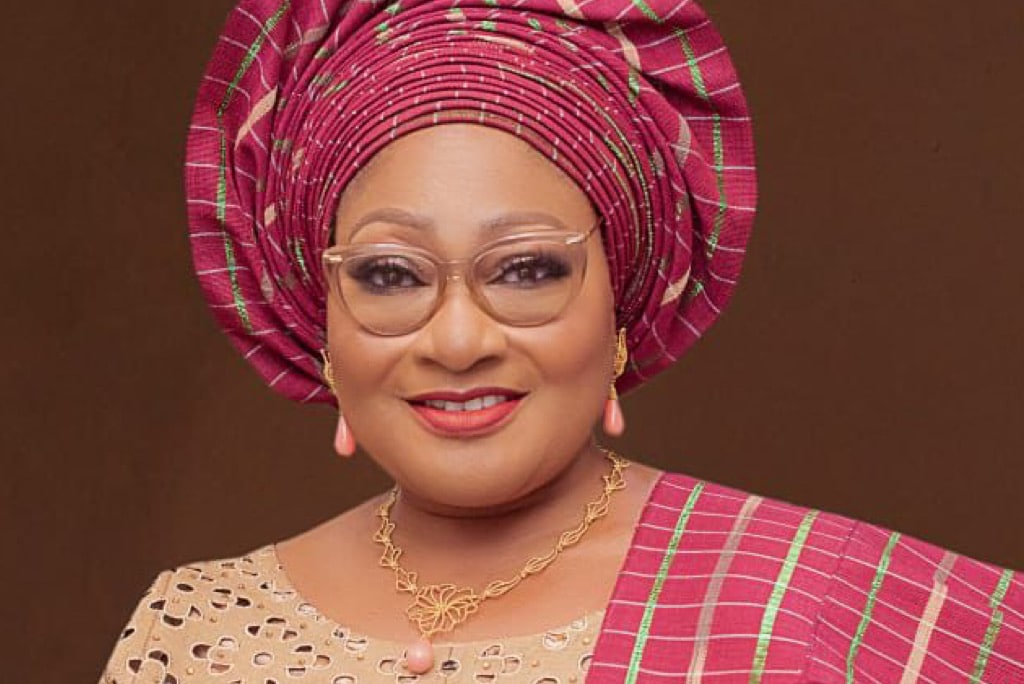The political gladiators in Osun PDP who went up to the Supreme Court to challenge the capacity and legal right of Prince Dotun Babayemi to question the primary election that produced Ademola Adeleke as governorship candidate of the party, ( for according to them, he did not partipate actively and physically in the shadow poll ) were the same people that went to the Federal High Court Abuja to dabble into the internal affairs of the All Progressives Congress. Is that not double speaking? To save space, that issue will be addressed at a later time. The intendment of this piece is to have a look at the judgement of that Abuja court which purpotedly nullified the candidature of Governor Adegboyega Oyetola on account that his nomination was submitted by an incompetent chairman of the party; and how the judgement is at variance with the earlier one delivered by the apex court on the subject matter, in Eyitayo Jegede v INEC (2021) 4NWLR (Pt. 1797)
The PDP, at the federal high court, contended that by the provision of Section 183 of the Constitution, Mai Buni acted unlawfully by being the governor of Yobe State and serving concurrently as APC’s Chairman; for that reason, the nomination/sponsorship letter he signed for the APC, notifying INEC of the candidature of Oyetola and his deputy, Benedict Alabi, was null.
But in a similar issue at the Supreme Court, Justice Akomaye Agim, in his lead judgement in 2021, made key pronouncements which are relevant to the case at hand: first is that PDP failed to include Buni as a neccesary party in their suit even though he was the centre of their allegation. He upheld the earlier judgement of the Court of Appeal which said appellants did not extend to Buni an opportunity of defending himself in line with the doctrine of fair hearing. Even though I have not read the certified copy of the Friday’s judgement, the available extracts in the public suggest it was on this basis ( that Buni was not made a party to the suit ) the PDP filed the case against Oyetola, having drafted the suit to join Buni as a party.
Justice Emeka Nwite, of the Abuja Federal High Court, rulling in their favour, maintained Buni acted in contravention of Section 183 of the Constitution when he held dual executive positions as the Governor of Yobe State and the Chairman of the National Caretaker Committee of APC. The court held that the decisions taken by Buni, including forwarding the names of Oyetola and Alabi to INEC, amounted to nullity. At the sound of the judgement, Adeleke and his supporters rolled out big drums to celebrate that accomplishment.
Meanwhile, there is another leg of the supreme court judgement, in Akeredolu and Jegede, which the Abuja court did not factor into consideration; and this is capable of cutting short the frenzy celebration of the opposition party.
Justice Agim agreed with the decision of the Court of Appeal that “assuming Buni did not sign the letter contrary to the directive or instruction of INEC, such failure cannot be relied upon as a ground for an election petition to invalidate the election of Akeredolu and his deputy because such failure is not contrary to any provision of the Electoral Act.”
The above is an illumination to the argument that Governor Oyetola, and by extention other candidates Buni submitted their nominations to INEC, can’t suffer for the actions or inactions of the then acting chairman because it was APC, through its congresses, that nominated candidates, not Buni.
Agim went further to concur with the judgement of the lower court that “…if a person takes a position that is merely temporary, it is usually not considered to be a second office for the purpose of dual office. In other for a position to be considered an office, it must have duties that are continuing in nature rather than temporary or intermittent.”
Justice Agim was unambiguous about his stance that the candidate of the party can’t be made a sacrificial lamb for a sin purpotedly committed by Buni. Read him again: “… only the Governor can breach the constitution and not a political party; and any breach of the same by a Governor cannot be inputed to some other person nor a political party. So for there to be a successful argument on Section 183 of the Constitution of the Federal Republic of Nigeria, it is the person who flouted the provision or caused such an infringement that will be held responsible and no other person.”
In viewing of the above, it is safe to conclude that judgement obtained by Osun PDP last Friday suffers from judicial malnourishment because it is against an earlier judgement of the highest court in the land which by doctrine of precedent is binding on all courts. But what went wrong? Are we back in the era of Justice T.D. Naron?
Let me end my piece with another instructive position of the Supreme Court:
“Once a candidate sponsored by his political party has satisfied the provision set out in Section 177 of the Constitution and is not disqualified under Section 182 (1) thereof, he is qualified to stand election to the office of Governor of a state. No other Law can disqualify him.”
( Shikanfi & Anor v Yari & Ors (2016) LPELR – 26050 (SC).








